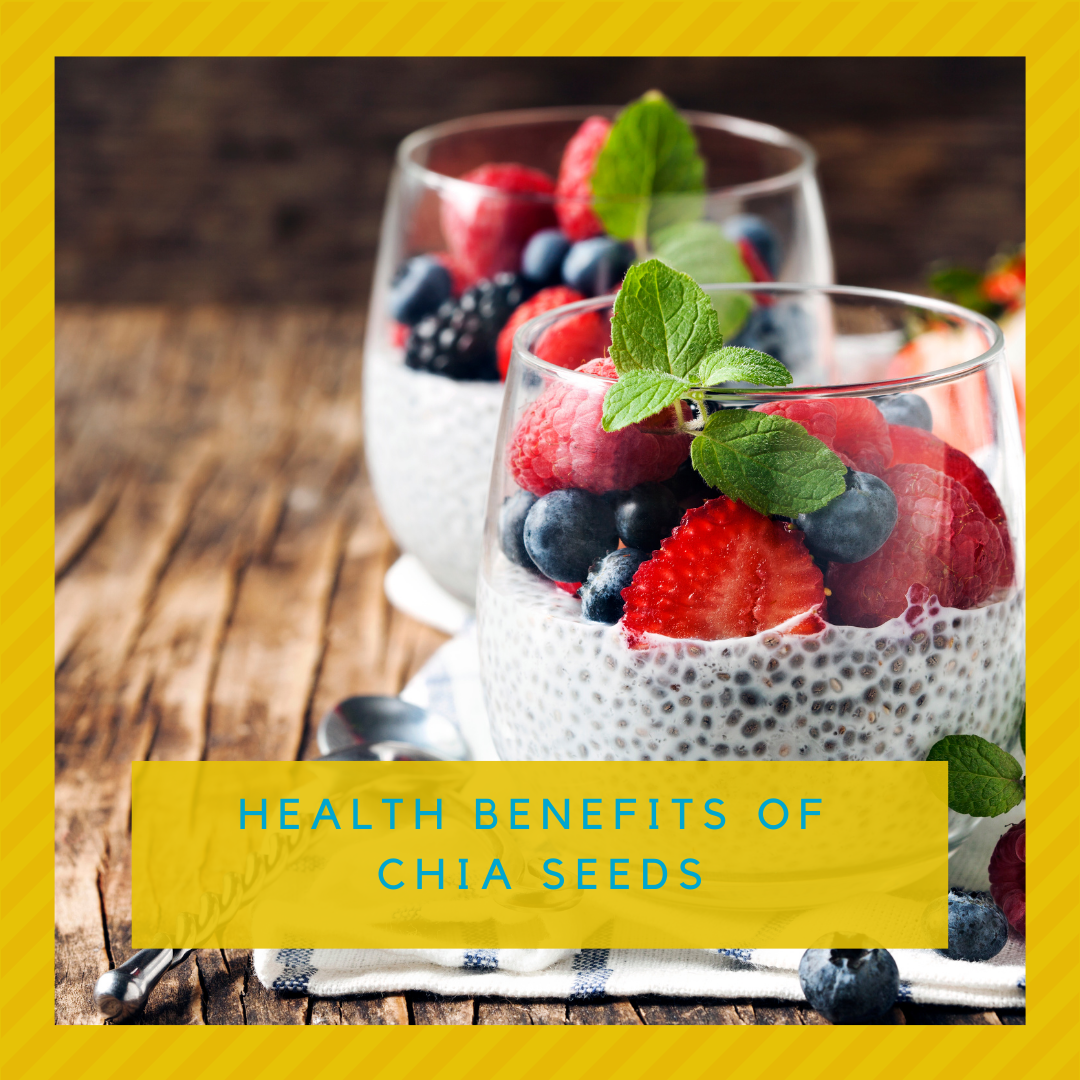Certain compounds from plants gently bind to hormone receptors exerting similar effects once metabolized. Lignans and phytosterols mimic estrogen and testosterone while triterpenes imitate progesterone promoting better balance. Now let’s explore sources!
Read MoreAchieving the optimal protein intake of 100-130g per day can be accomplished through a balanced diet rich in a variety of protein sources. Incorporating lean meats, poultry, fish, eggs, dairy products, legumes, nuts, seeds, and plant-based protein sources like tofu and tempeh can help you meet your daily protein needs.
Read MoreManaging IBS Diarrhea Research suggests that certain foods high in FODMAPs (fermentable oligosaccharides, disaccharides, monosaccharides, and polyols) can exacerbate symptoms. These include fruits like apples and pears, vegetables such as onions and garlic, grains like wheat and rye, and dairy products. Avoiding these triggers may alleviate discomfort.
Read MoreThe hustle and bustle of the holidays often leave us craving healthier, lighter meals after indulging in festive feasts. The day after Christmas or New Year presents a perfect opportunity to reset and nourish our bodies with nutritious foods. Here are some delightful and easy-to-prepare meal ideas along with recipes to kickstart your post-celebration day:
Read MoreIn the world of functional medicine, the holidays present a unique opportunity to align festivities with optimal health. Here are some insights and strategies to ensure your hormones stay in harmony during this celebratory season.
Read MoreResearch has shown that vitamin C can help to reduce cortisol levels and improve mood. A study conducted on high school students found that those who received vitamin C supplements had a 51% reduction in perceived stress.
Read MorePopular belief is that you should avoid cruciferous vegetables if you are suffering from hypothyroidism because they can cause goiters. However, according to some research, kale, spinach, broccoli and other leafy greens are important to improving glutathione levels in the body, which effectively support thyroid function.
Read MoreIf you love vegan food and drinks, then hot maca chocolate is for you. It is a unique and exciting vegan treat that you can pair your favorite vegan snacks to satisfy your cravings. It’s also a great substitute for your coffee; not only will it give you a gentle boost, but it has a wealth of health benefits.
Read MoreThose with gluten sensitivity, celiac disease, or other related health concerns can find significant relief and improvements in their quality of life by going gluten-free. With the right guidance, a gluten-free diet can open the door to a healthier, happier you.
Read MoreNumerous studies have shown that eating large amounts of refined sugar can cause excessive inflammation in the body. Not only is this excessive inflammation painful but it also damages your body’s cells and vital organs, and can cause permanent health problems
Read MoreAchieving and maintaining a healthy gut doesn't have to be complicated. By following these five nutritional strategies, you can support your gut health and, in turn, enhance your overall well-being.
Read MoreOur eating habits have a significant impact on our overall health and well-being. Making simple changes to the way we eat can help us feel better, have more energy, and reduce our risk of chronic diseases.
Read MoreIf you have been looking up healthy recipes like smoothies, you probably see that chia seeds are often recommended. This is because of the amazing amount of nutrients they contain. Here are some health benefits of using chia seeds.
Read MoreStarting an exercise plan can be one of the most difficult things you ever have to do. The good news is that once you do it, you will feel so much better about yourself that you will see that the extra effort was worth it. However, there are some things you should consider when starting an exercise program.
Read More















